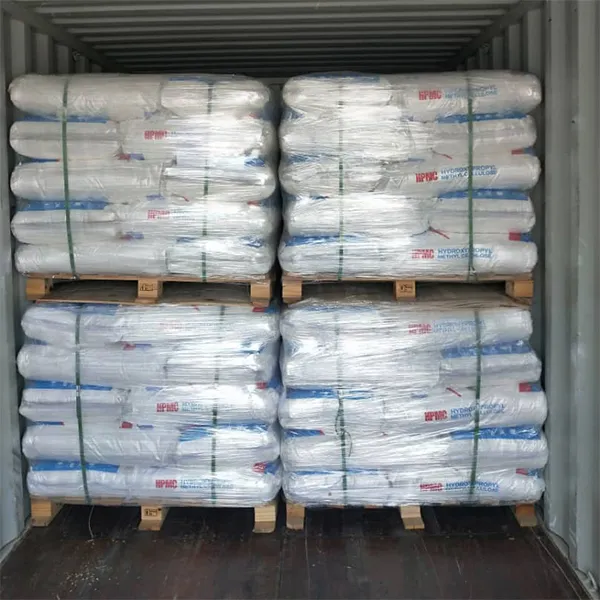Understanding Redispersible Powder (RDP) A Game-Changer in Construction and Building Materials
Redispersible powder (RDP) is a crucial innovation in the field of construction and building materials, amplifying the performance and versatility of various products used in construction. Essentially, RDP refers to a powdered form of polymer that can be redispersed in water, creating a stable emulsion ideal for enhancing materials like tile adhesives, wall putty, and other dry mixes.
What Makes RDP Special?
The primary advantage of RDP is its ability to improve the adhesion, flexibility, and water resistance of cement-based mixtures. When mixed with water, RDP forms a creamy texture that enhances the bonding properties of different substrates. This is particularly beneficial in applications where materials may be subjected to movement or stress, such as wall coverings and flooring systems.
Moreover, RDP provides an excellent balance between performance and ease of use. Products containing RDP are often easier to apply, allowing for a more consistent finish. Additionally, RDP can enhance the open time of adhesives, providing contractors with added flexibility during installation processes.
Applications of RDP
The versatility of redispersible powder has led to its adoption across various applications in the construction industry
. Some of the most popular uses include1. Tile Adhesives RDP enhances the bonding strength and flexibility of tile adhesives, making them suitable for a wider range of substrates, including those that may expand or contract due to temperature changes.
redispersible powder rdp

2. Screeds and Mortars In screed and mortar formulations, RDP helps achieve superior flow and workability, ultimately leading to better surface finishes. It also reduces cracking, a common issue in traditional mortar mixes.
3. Wall Putty and Paints RDP improves the adhesion and spreadability of wall putty and paints, resulting in smoother surfaces and better durability against environmental factors.
4. External Insulation and Finish Systems (EIFS) RDP is widely used in EIFS formulations, where it provides enhanced performance against weather conditions and ensures long-lasting finishes.
Environmental Considerations
As construction practices increasingly shift toward sustainability, RDP plays a significant role in eco-friendly formulations. Its incorporation can reduce the amount of cement required in mixtures, thereby minimizing the carbon footprint associated with construction activities. Moreover, RDP is often produced using environmentally friendly processes, aligning with global green building standards.
Conclusion
In summary, redispersible powder (RDP) stands out as a transformative component in modern construction materials. Its multifunctional benefits—ranging from improved adhesion and flexibility to enhanced workability—make it a sought-after additive in various applications. As the construction industry continues to evolve, the role of RDP is likely to expand, paving the way for more innovative and sustainable building solutions. Whether you are a contractor looking to improve the performance of your materials or a manufacturer seeking to enhance your product lines, understanding and utilizing RDP can significantly elevate the quality and durability of construction outputs.
-
A Comprehensive Guide to Methyl Ethyl Hydroxyethyl Cellulose: Applications and Industry InsightsNewsNov.24,2025
-
Understanding Methyl 2 Hydroxyethyl Cellulose: Uses, Benefits & Industry InsightsNewsNov.24,2025
-
Hydroxyethyl Methyl Cellulose HEMC: Industrial Uses, Benefits & Future TrendsNewsNov.23,2025
-
HEMC Cellulose: Versatile & Sustainable Industrial Polymer | YoungcelNewsNov.23,2025
-
Methyl Hydroxyethyl Cellulose: Versatile Building Block for Industry & SustainabilityNewsNov.23,2025
-
CAS 9032 42 2: Understanding Polyvinyl Alcohol's Impact on Industry & SustainabilityNewsNov.22,2025




